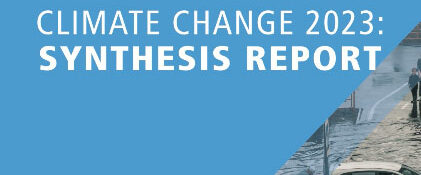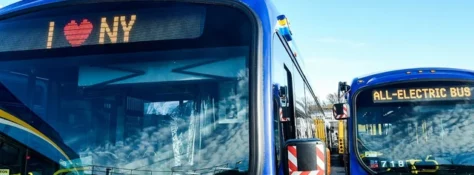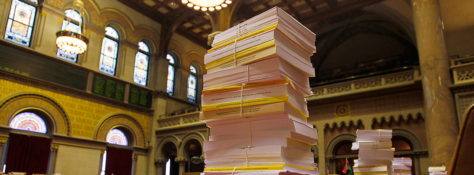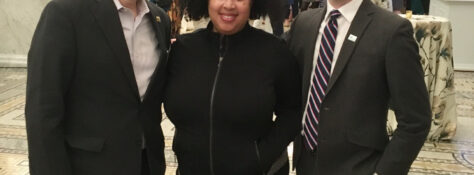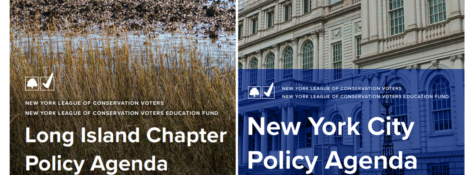For too long, the City’s zoning regulations prohibited buildings from making necessary green investments to fight climate change and cut down on toxic air pollution.
Learn MoreOne could argue that the current dispute over funding for New York City’s parks is a microcosm of an important global issue in our ongoing battle against climate change. Parks provide innumerable benefits to the millions of people who use them.
Learn MoreThe IPCC is the world’s leading assessor of science related to climate change and provides regular assessments relating to its impacts and future risks.
Its most recent report, written by 93 scientists from around the world, was released on March 20.
Learn MoreWhen considering all the ways to fight global warming, it’s impossible not to make Transit Oriented Development (TOD) among the top priorities.
Learn MoreThe Governor and State Legislature are in the 11th hour of budget negotiations and our environmental priorities are on the line. There’s still time for us, collectively, to influence the outcome by making our voices heard in unison.
Learn MoreFrom a panel discussion on decarbonizing buildings in Albany, to a Washington D.C. fly-in to lobby congress on climate issues, to an environmental breakfast with City Council members in New York City, to a town hall concerning America's affordable clean energy plan, NYLCV/EF got to work this week.
Learn MoreThe New York League of Conservation Voters and New York League of Conservation Voters Education Fund (NYLCV/EF) released their regional policy agendas last week for Long Island and New York City. These agendas will focus much of NYYLV/EF’s work and advocacy throughout the next 12 months, including guiding which bills get included in the Legislative Scorecards and directing League’s educational programming.
Learn MoreThis year is the 30th anniversary of New York State’s Environmental Protection Fund (EPF), and this crucial source of capital funding for environmental projects remains a top agenda item for the New York League of Conservation Voters.
Learn More
